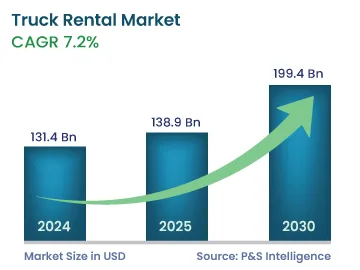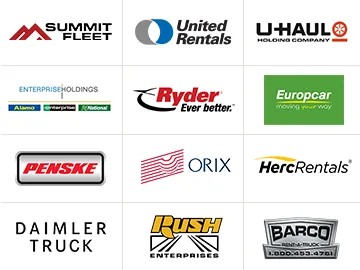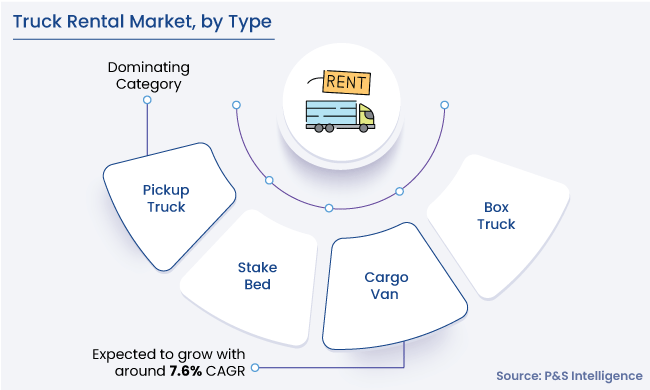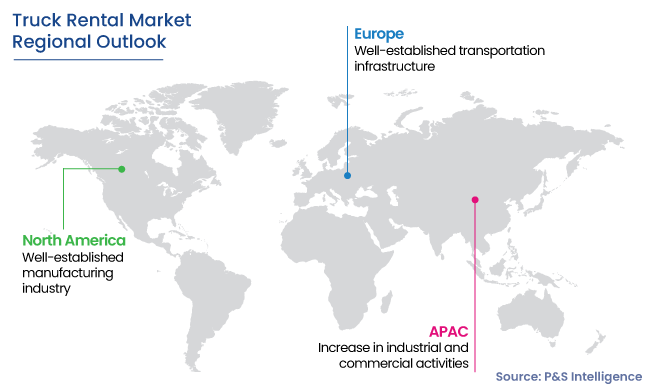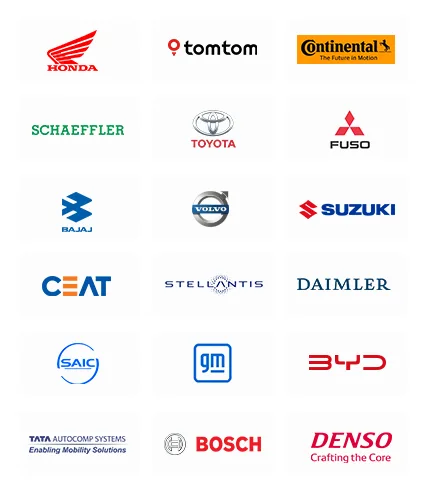Truck Rental Market Future Prospects
The truck rental market will generate an estimated revenue of USD 131.4 billion in 2024, and it is expected to witness a CAGR of 7.2% during 2024–2030, to reach USD 199.4 billion by 2030. The industry is driven by the growing degree of industrialization and urbanization worldwide, stringent regulations for carbon emission control, and increasing financial strain on fleet operation.
Truck rental involves the hiring of trucks for a specific period to transfer goods from one place to another. These trucks find usage in logistics, freight transportation, moving homes, and municipal purposes. The primary purpose of these services is to gain a flexible and cost-effective solution for transporting equipment, goods, and other materials without the costs associated with and commitment to maintaining and owning a truck fleet.
The drastic growth of e-commerce is also a key factor behind the increasing demand for efficient transportation and delivery services. In this regard, a key factor driving the demand for truck rental is the omnipresent requirement of companies for trucks to transport goods from warehouses to distribution centers, as well as directly to customers. Renting these vehicles helps businesses increase or decrease their fleet based on demand, thus saving themselves from long-term ownership costs. This way, users also find insurance, maintenance, and depreciation to be less troublesome.
Industries including construction, mining, and manufacturing need heavy-duty automobiles for transporting materials and equipment. Renting such heavy-duty automobiles offers flexible and cost-effective solutions to these industries. It also allows them to access the necessary vehicles only when they needed, without any extra burden of maintaining a fleet. This way, this method helps optimize the resources that are utilized and reduces the costs associated with owning, parking, and maintaining a large fleet.
This approach also allows construction, mining, and manufacturing companies to focus on their core competencies, while depending on rental suppliers to ensure the maintenance and availability of heavy-duty automobiles. This adaptability and flexibility play an important role in these industries, for which project timelines and the changing material handling needs are a constant specter.
Renting commercial vehicles allows companies to adapt to the project requirements and manage demands more effectively. This approach offers access to a wide range of vehicle types, such as concrete mixtures, dump trucks, and articulated haulers, which can be selected based on the specific needs of each project.
